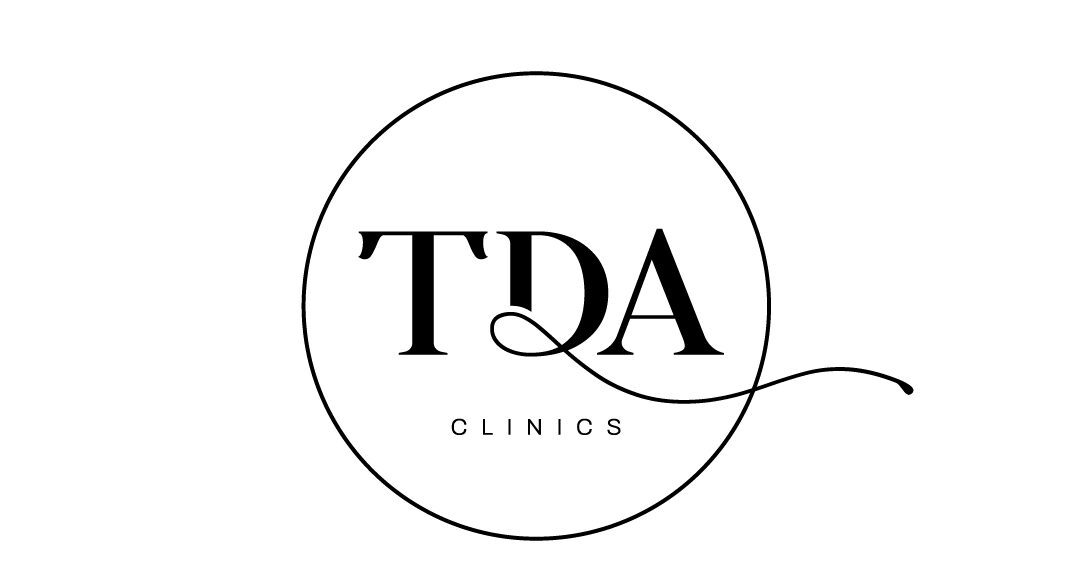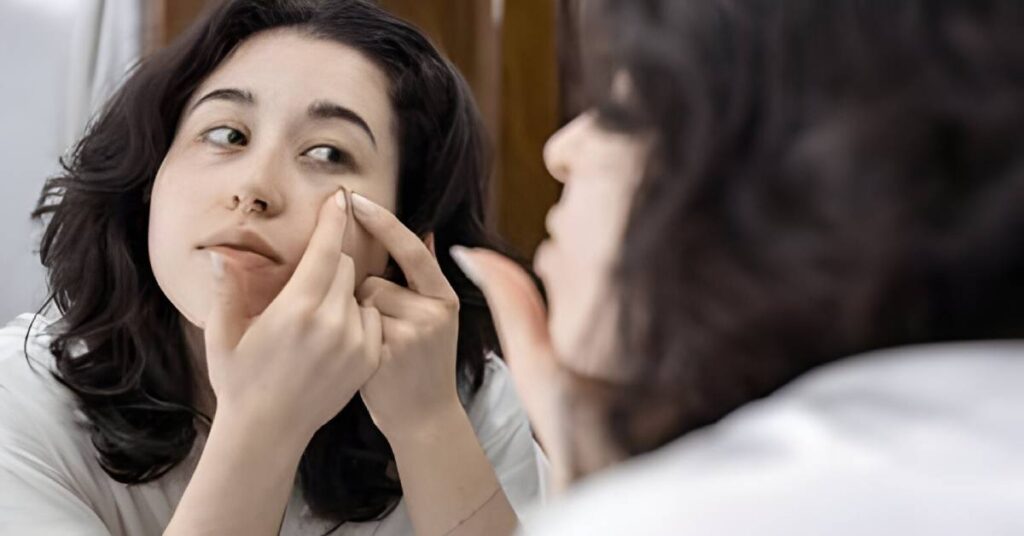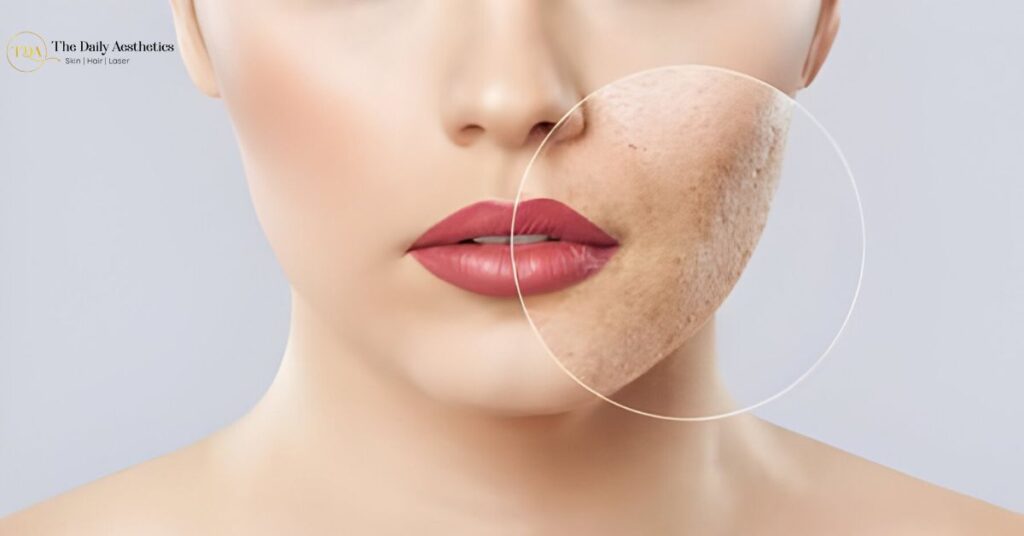Your skin type can be dry, hagiographic, or sensitive skin, but do you really know your skin type? Knowing your true skin type can help the following time you are in the cosmetics aisle. In fact, using the wrong products or trying unknown Internet hacks, for your skin could simply worsen acne and other skin problems.
Skincare routine? How to treat specific skin to protect from problems like acne or scars? Whatever your skin type is, following a day–to–day skincare routine will surely help you maintain overall skin health and ameliorate specific issues like acne, scarring, dark spots, etc. A day–to–day skincare routine has four abecedarian parts you can do once in the morning and once before you sleep.
CTM or CSMS is the daily skincare routine for healthy skin to all:
Cleanser –
Choose a cleaner that does not leave your skin tight after washing. Clean your face no added than twice a day, or just once if you have dry skin, and don’t wear makeup. Avoid washing for that squeaky–clean feeling because that means your skin’s natural canvases are gone. Cleaners known to work well for all skin types include good can use…… any cleanser that Dr. Arshi wants to recommend she can add here.
Serums –
Vitamin C or growth factors for your skin would be better in the morning, along with sunscreen. At night, retinol or heritage retinoids work stylishly. Skin Doctor’s Choice has an effective vitamin C & E Serum and Retinol options available.
Moisturizer –
Yes, gushy skin needs moisturizer, but use one that’s light, gel–hung, or does not block your pores, like good facial ointment. Dry skin may help from else cream- hung moisturizers. Outside brands will label their products
as gel or cream on their packaging.
Sunscreen –
Apply sunscreen with at least 30 SPF 15 shakes before heading outdoors, as it takes a while for sunscreen to start. Darker skin tones need fresh sun protection because hyperpigmentation is harder to correct, which offers broad–spread UVA/UVB protection and is recommended by the Skin Cancer Foundation.
Choose products that suit your skin type, don’t forget to read the instructions for every product. Some products, matching as retinol or other products you want to use, should only be applied at night so read before you use them.
For all skin type
- Stay hydrated.
- Change pillow covers at least once a week
- Wash your hair twice a week to keep it clean.
- Wear sunscreen every day and apply 15 eye blinks before going out.
Start with a basic skin routine to see if your skin is reacting to it or not. Once you are comfortable, you can either add excess products like exfoliants, masks, and spot treatments to boost your skin’s health. Always remember to do a patch test new product, especially if you have a sensitive skin type. This can help you identify implicit antipathetic replies.
To patch test a new product:
- Apply a small quantity of product on your skin simply by doing a patch test, on the inside of your wrist, or your inner arm so that in any case if it reacts it won’t be visible.
2. Bide 48 hours to see if there’s a reply.
3. Check the area at 96 hours after play to see if you have a delayed response.
An adverse response may include aggro, paleness, small bumps, and itching. however, wash the area you tested with water and a gentle detergent if you notice these symptoms. Either return the product and try another that better suits your skin type.
Avoid these DIY hacks:
- Lemon juice It may have citric acidic, but it’s far too acidic and can induce dark spots to appear after sun exposure. Lemon makes skin dry and irritates you.
- Baking potable at a pH rank of 8, kindling potable will stress your skin, significantly decreases trusted sources, your skin’s water content, and do dry skin.
- Garlic In raw form, garlic can do skin wrong when taken in excess, eczema, skin inflammation, and watery pimples.
- Toothpaste The constituents in toothpaste may kill roots and absorb canvas, but they can also dry out or irritate your skin.
- Even if sugar is an exfoliant, sugar is too harsh for the skin on your face due to its granule texture
- Vitamin E, Topical use of vitamin E can irritate your skin and isn’t proven to refine scar appearance.
- Trying the above hacks is good and all–natural and cost–effective.
Your overall appearance depends on your outer looks, which directly means on your face and skin too. So, think twice before selecting any skin products or hacks for an instant skin result. It’s skin that takes time to repair, so give it a give and a proper skincare routine to stay healthy and glowing. For more skin–related posts and updates stay connected with us.


